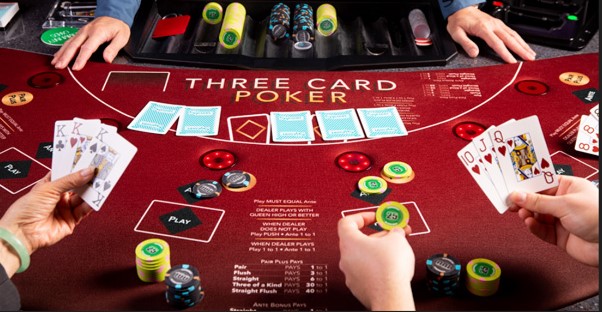Casinos have captivated human imagination for centuries, evolving from simple games of chance to grand entertainment complexes. The history of link slot gacor is a tale of innovation, culture, and the unchanging human fascination with risk and reward.
Ancient Origins
The roots of gambling can be traced back to ancient civilizations. The earliest evidence of dice games dates to around 3000 BCE in Mesopotamia. Archaeological finds in China suggest that gambling was prevalent there around 2300 BCE, with early forms of betting involving rudimentary games of chance.
In ancient Rome, gambling was a popular pastime, with games like dice and board games enjoyed by all social classes. However, it wasn’t until the Middle Ages that the concept of the casino as we know it began to take shape. The term “casino” itself is derived from the Italian word “casa,” meaning house, and originally referred to a small villa or social club.
The Birth of Modern Casinos
The modern casino began to take form in the 17th century in Italy. The Ridotto, established in Venice in 1638, is considered one of the first legal gambling houses. It was a government-run facility designed to manage the gambling activities that had become rampant in the city. The Ridotto offered a range of games, including faro and baccarat, and was a model for future establishments.
The idea of the casino spread throughout Europe, with notable examples like the Casino de Monte-Carlo in Monaco, which opened in 1863. Monte-Carlo’s casino played a pivotal role in shaping the glamorous image of casinos that persists today. The casino’s opulent architecture and high-stakes games attracted wealthy patrons from around the world, cementing its reputation as a luxurious destination.
The Casino Boom
The 20th century saw the rapid expansion of casinos, particularly in the United States. The 1931 legalization of gambling in Nevada marked a turning point, leading to the creation of Las Vegas, a city synonymous with casino entertainment. Las Vegas transformed from a small desert town into a global gambling hub, featuring iconic properties like The Bellagio and Caesars Palace.
In the 1970s, casinos began to diversify their offerings beyond traditional gaming. Entertainment became a key component, with lavish shows, concerts, and fine dining becoming integral to the casino experience. This shift helped casinos appeal to a broader audience, turning them into all-encompassing entertainment destinations.
The Digital Revolution
The advent of the internet in the late 20th century introduced a new era for casinos. Online gambling platforms emerged, allowing players to enjoy casino games from the comfort of their homes. The digital revolution brought about significant changes, including the rise of mobile gaming and the development of virtual reality casinos, which aim to provide immersive experiences that mimic the atmosphere of physical casinos.
Regulation and Ethics
As casinos have evolved, so too have the regulatory frameworks governing them. Many countries have established regulatory bodies to oversee casino operations, ensure fair play, and protect consumers. Responsible gambling measures have become a focus, with casinos implementing tools to help players manage their gambling habits and prevent addiction.
The Future of Casinos
Looking ahead, the future of casinos is likely to be shaped by continued technological advancements. Innovations such as blockchain technology could revolutionize how casinos operate, offering increased transparency and security. The integration of artificial intelligence might lead to more personalized gaming experiences, while advancements in virtual reality could further enhance the immersive aspects of casino entertainment.
In conclusion, the evolution of casinos reflects a broader narrative of human innovation and entertainment. From ancient dice games to high-tech virtual environments, casinos continue to evolve, driven by our enduring fascination with risk, reward, and the thrill of the game. As we move forward, the casino industry will undoubtedly continue to adapt and innovate, shaping the future of leisure and entertainment.
